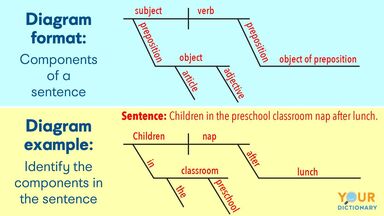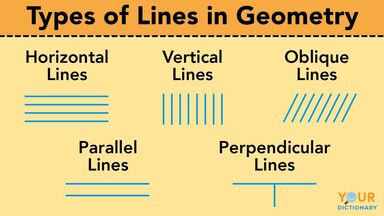Diagonal Definition
dī-ăgə-nəl
diagonals
adjective
Extending between the vertices of any two nonadjacent angles in a polygonal figure or between any two vertices not in the same face in a polyhedral figure.
Webster's New World
Joining two vertices of a polyhedron not in the same face.
American Heritage
Moving or extending obliquely, esp. at a 45° angle; slanting.
Webster's New World
Having a slanted or oblique direction.
American Heritage
Having slanting markings, lines, etc.
Webster's New World
noun
diagonals
A diagonal line or plane.
Webster's New World
Webster's New World
Any diagonal course, row, order, or part.
Webster's New World
Cloth woven with diagonal lines; twill.
Webster's New World
A virgule.
American Heritage
Other Word Forms of Diagonal
Noun
Singular:
diagonalPlural:
diagonalsOrigin of Diagonal
-
From Middle French diagonal, from Latin diagōnālis, from Ancient Greek διαγώνιος (diagonios, “from angle to angle”), from διά (dia, “across”) + γωνία (gonia, “angle”).
From Wiktionary
-
Latin diagōnālis from Greek diagōnios from angle to angle dia- dia- gōniā angle, corner genu-1 in Indo-European roots
From American Heritage Dictionary of the English Language, 5th Edition
Related Articles
Find Similar Words
Find similar words to diagonal using the buttons below.





